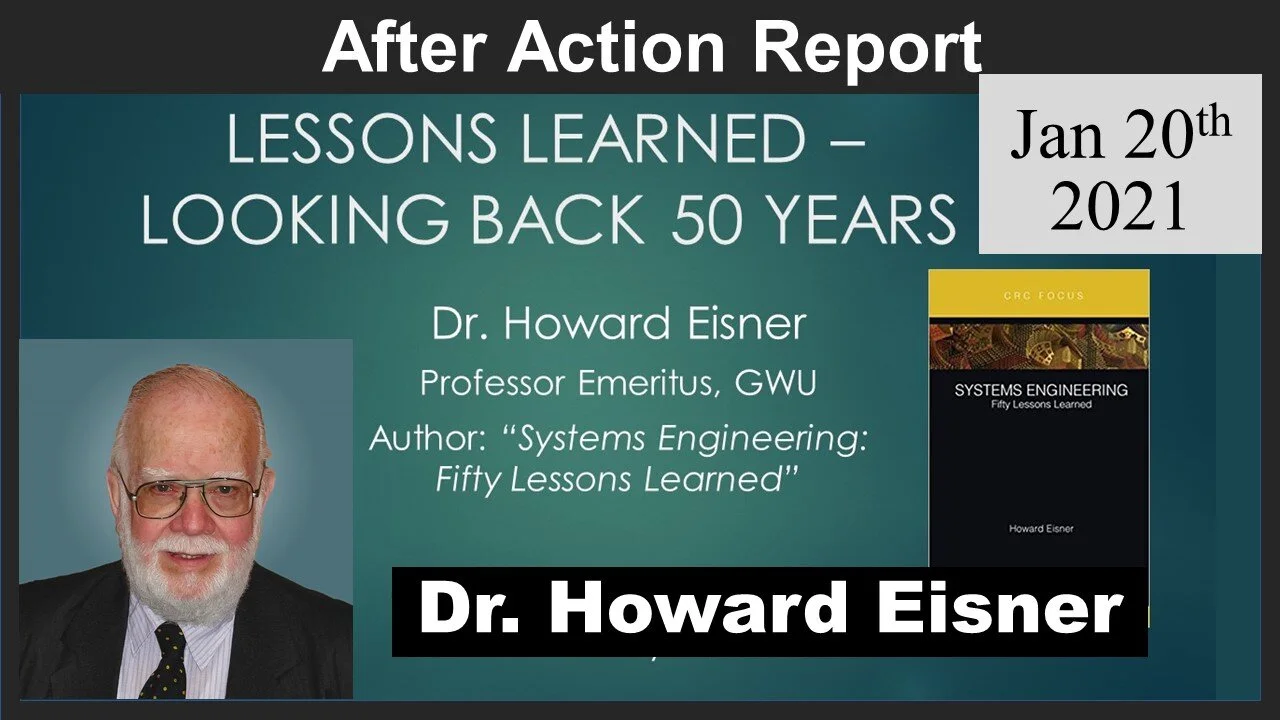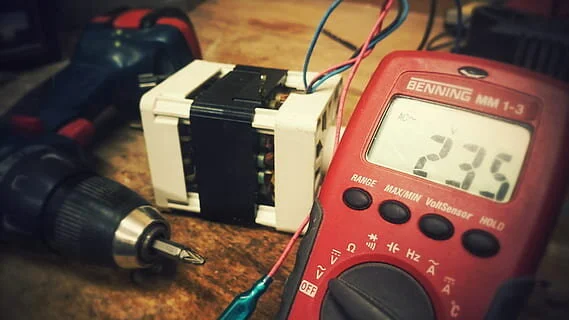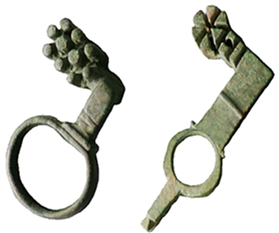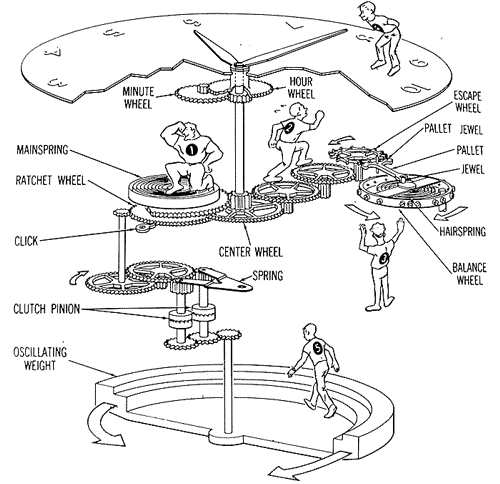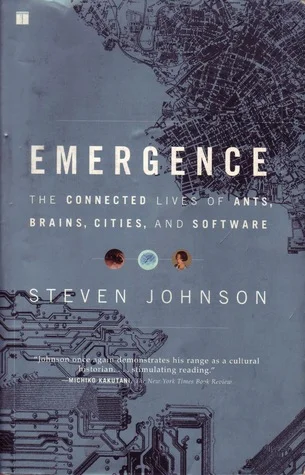Perspectives on SE
Through the years some of our members have provided their thoughts, musings and meanderings on various Systems Engineering topics.

Alexander Kossiakoff, known as "Kossy," was a giant in the field of systems engineering. His 60-year career at Johns Hopkins' Applied Physics Laboratory (APL) was a testament to his passion for innovation, leadership, and mentorship. From pioneering solid propellant rocket technology to building satellites and radar systems, Kossy's contributions to national security and technological advancement are immeasurable. He served as APL's director for 11 years and continued working as chief scientist until his passing at the remarkable age of 91 in August 2005
George Anderson, ESEP, takes a reminiscent look at owning and supporting a 1968 Jaguar XK-E fixed head coupe (FHD). A lesson in participating in the inner workings of a Systems Life-Cycle, particularly the Utilization, Support and Retirement Stages. Part 2 George details his efforts in putting this car through the Maintenance, Logistics, and Disposal processes.
George Anderson, ESEP, takes a reminiscent look at owning and supporting a 1968 Jaguar XK-E fixed head coupe (FHD). A lesson in participating in the inner workings of a Systems Life-Cycle, particularly the Utilization, Support and Retirement Stages. Part 1 George details his initial impressions in putting this car through the Verification and Operations processes.
Dr. Eisner shared a system's engineer's retrospection of lessons to be shared with a future generation. Dr. Eisner has spent a lifetime of practice in the field of systems engineering. This lecture provided a "look back" over his 50-year career with his advice offered to the future generation of Systems Engineers.
George Anderson applies the Systems Engineering Operations Process described in the INCOSE Systems Engineering Handbook and ISO/IEC/IEEE 15288, and relives his flight of a historic Cessna 195 during some daunting operational challenges while piloting the thing for a short 70 mile flight.
Systems engineers are potentially the best candidates for being or becoming good troubleshooters. The INCOSE Handbook identifies maintenance as a technical process. Within this framework fault identification or troubleshooting is included as a sub-activity. Troubleshooting is a form of problem-solving that requires experience and often special skills like forensic engineering. George has some great stories about using Systems Engineering while troubleshooting. [image from AB Electrical & Communications Ltd — https://www.abelectricians.com.au/ - used by permission]
The phrase “The whole is greater than the sum of the parts” is well known and important to Systems Scientists and Systems Engineers alike. It’s like a short pithy definition of Emergence. And it is almost always automatically attributed to Aristotle. But what I want to know is this - Did he say it? Why did he say it? And in what context?
One of the main objectives of the book was to capture Lean Thinking (in the context of Systems Engineering) as a set of Lean Principles including Customer-Defined Value, Value Stream Mapping, Continuous Value Flow, and Customer Pull of Value.
Review of The Fifth Discipline: The Art and Practice of the Learning Organization by Peter M. Senge
George Anderson looks at our present day paranoia surrounding the lack of Cybersecurity and compares it to the history of the telegraph and ancient lock mechanisms.
George Anderson makes the case that with the demise of the slide rule because of the invention of the calculator in 1972, engineers began to lose something that we will always need. That is a working understanding of math fundamentals.
Systems thinking and the application of Systems Engineering (SE) processes are both necessary elements in the discovery and description of technical failures associated with some fatal aircraft accidents. The King 56 aircraft investigation was a fascinating search for forensic truth and George was part of the investigating team
George Anderson reminisces about his first real engineering project - building a single transistor radio - and it's impact on his grandfather.
George Anderson looks at watch making from a Department of Defense Architecture Framework (DoDAF) point of view - with interesting results.
How do Systems Engineers deal with their complicated technical possessions?
George Anderson highlights the work of a Roman citizen named Flavius Vegetius Renatus as he considers a process improvement proposal for the Emperor Valentinian to increase the Roman Legion military readiness levels.
Paul Martin explores the concept of Emergence - which is an immense mystery for the scientist and the systems engineer alike.
The words of the pilot’s handbook describe the process of flying a heavy jet transport category aircraft to cruise altitude in a deceptively straightforward and uncomplicated manner. But George Anderson explains the actual complications involved.
Don York looks at Systems Integration from both a MIL-STD-499A and INCOSE point of view.
George Anderson recounts the history of Systems Engineering in the realm of IT Projects - back in the day.
George Anderson muses about the material composition of King Tutankhamun's dagger and the presence of iron within his tomb.





